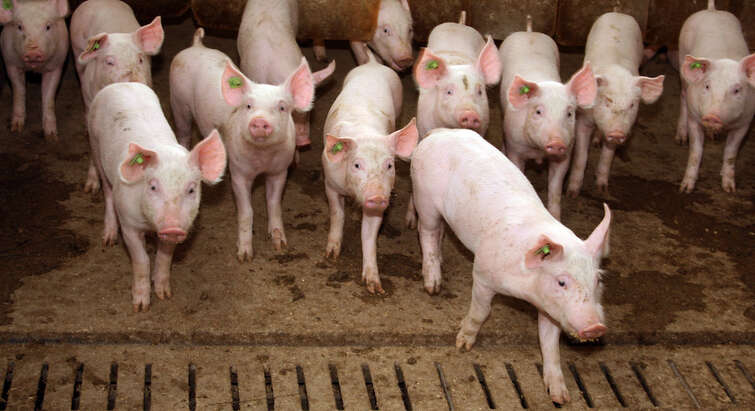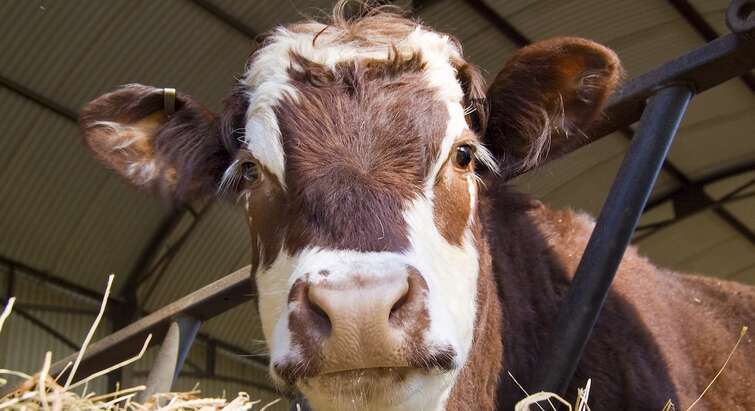
Farm animals
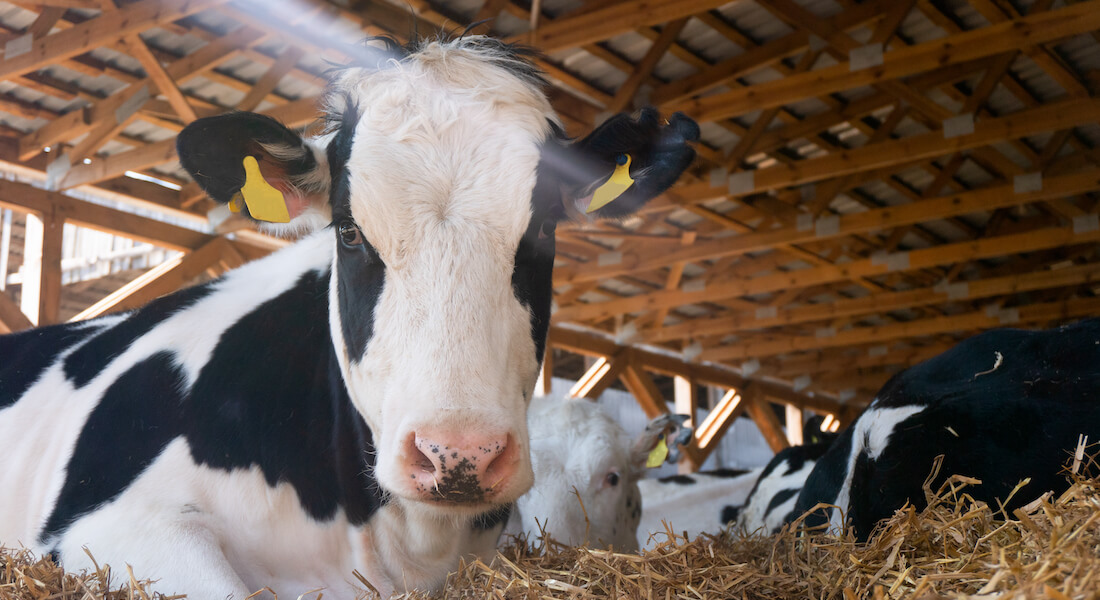
Since at least the 1960s there has been increasing awareness of the effects of intensive farm animal production on animal welfare. One of the events that opened the eyes of a great many people was the publication of the book 'Animal Machines: The New Factory Farming Industry' by Ruth Harrison in 1964. In the book Harrison describes some of the practices of modern animal production, such as keeping laying hens in small cages, the tethering of gestating sows, and keeping bull-calves one-by-one in small crates.
"Life in the factory farm," she wrote, "revolves entirely around profits, and animals are accessed purely for their ability to convert feed into flesh or 'saleable products'." However, even though many people seem to agree with this, the consumption of meat and other animal products is still on the rise, not only in the West but even more dramatically in countries like India and China. Thus, ethical issues concerning the way farm animals are being treated will not go away.
Below you will find a variety of recent publications about farm animal ethics and welfare. They are also sorted within the categories listed in the left menu bar.
You can also search among all publications on the site here:

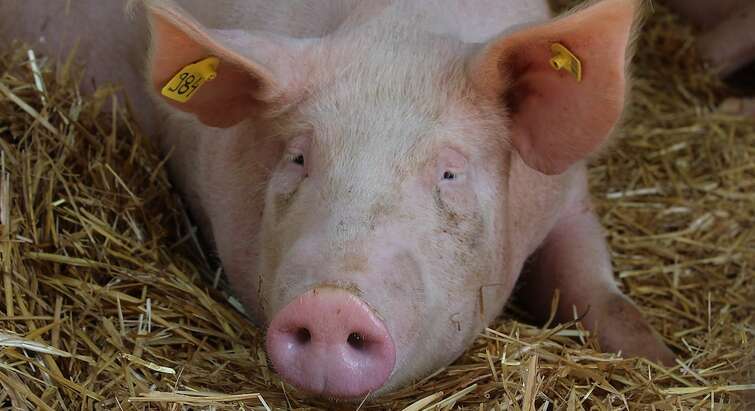
Why is welfare pork so expensive?
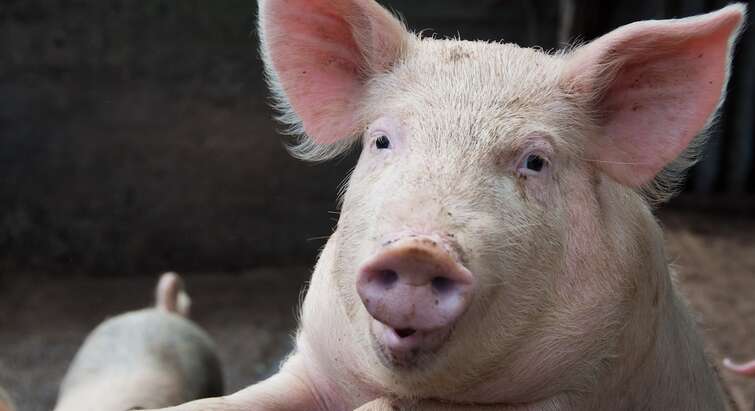
Relationship between animal-based on-farm indicators and meat inspection data in pigs
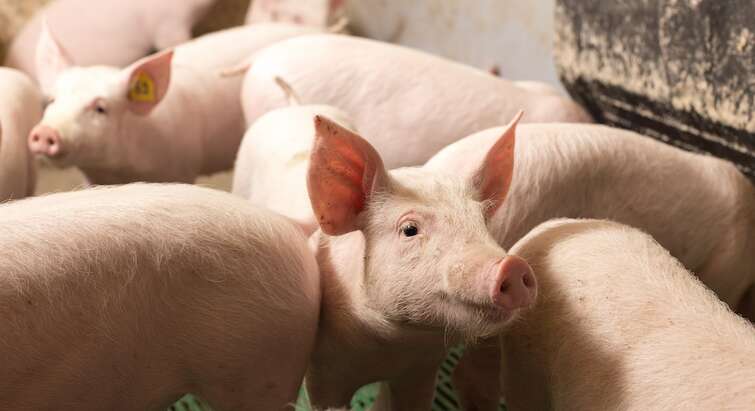
Are biters sick? Health status of tail biters in comparison to control pigs
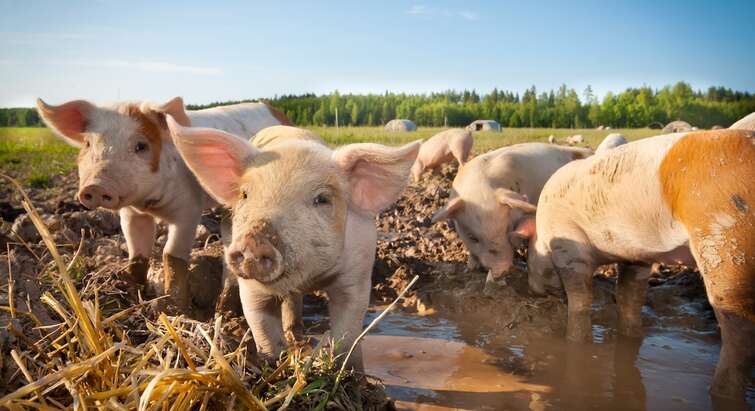
Comparison of three different measuring devices of ammonia and evaluation of their suitability to assess animal welfare in pigs
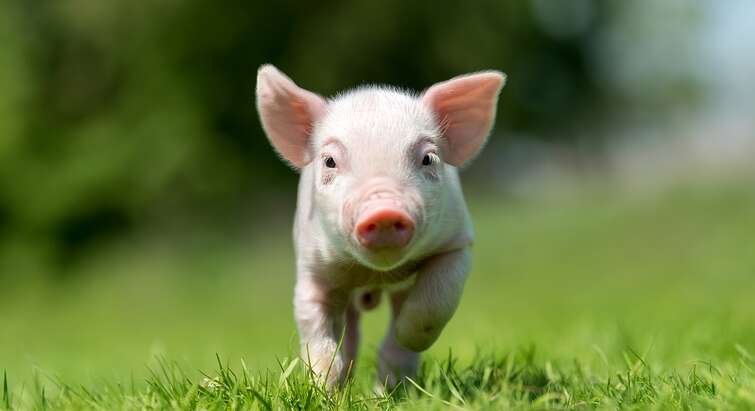
New study: Pig welfare outweighs climate concerns for consumers
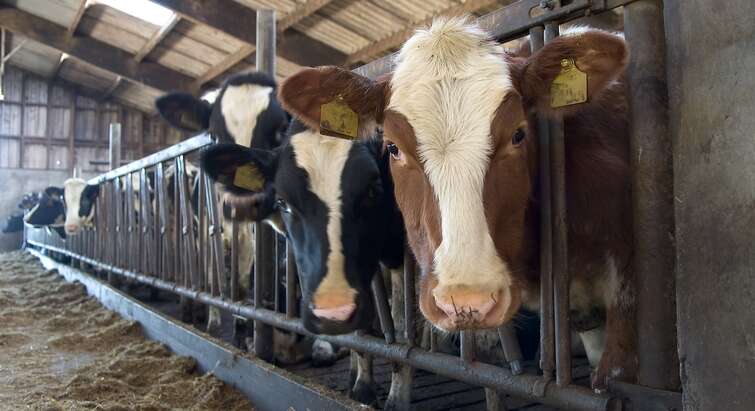
Dairy cattle welfare – the relative effect of legislation, industry standards and labelled niche production
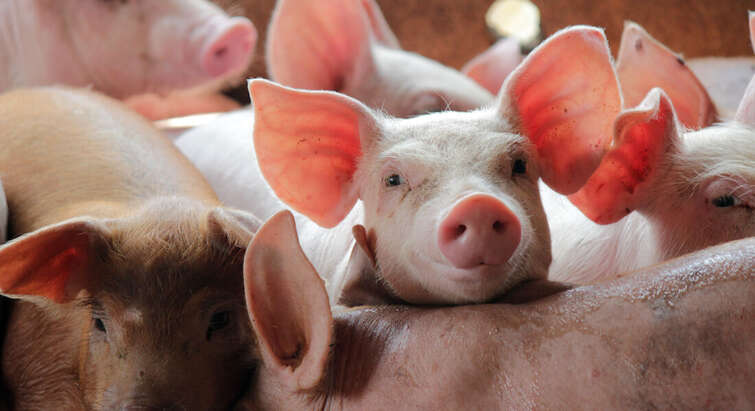
Willingness-to-pay for reduced carbon footprint and other sustainability concerns relating to pork production

Various ways towards animal product limiting - practical and social engagements in dietary change
